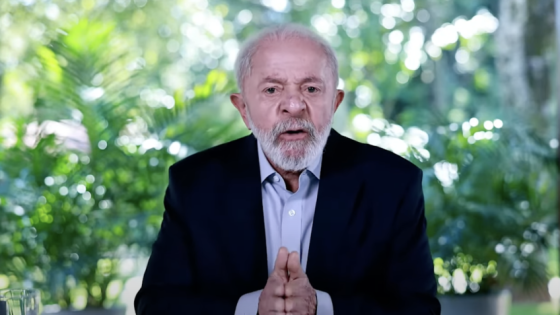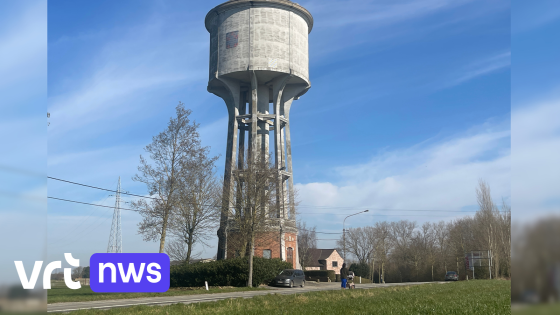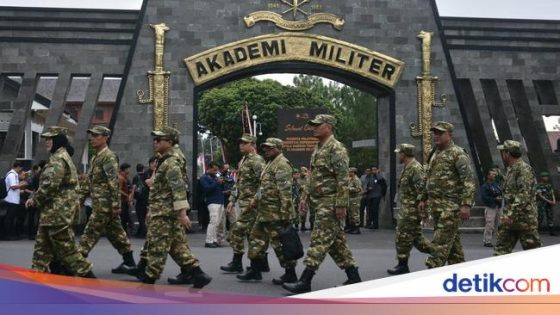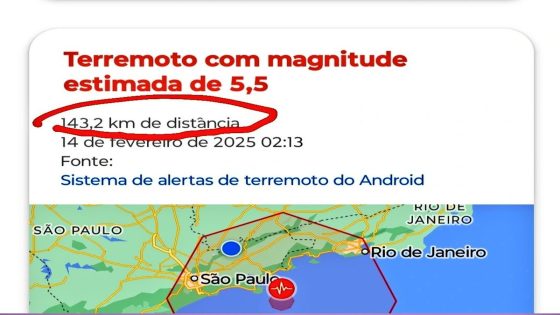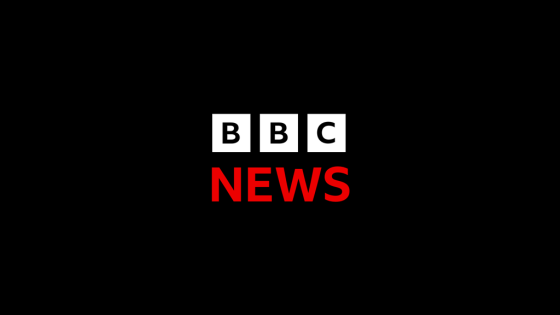On February 6, 2025, Brazilian President Lula called for regulations on digital media to combat what he termed “canalhice,” or dishonesty. This move raises questions about the balance between free speech and the need for accountability in the digital age. How will this impact the landscape of journalism in Brazil and beyond?
- Lula calls for digital press regulation
- Aim to prevent misinformation and deceit
- Emphasis on media accountability
- Concerns over digital media practices
- Advocacy for ethical journalism standards
Lula’s Call for Digital Media Regulation: What It Means for Brazil
Why is Lula pushing for digital media regulations now? The rise of misinformation and its effects on public opinion have prompted this urgent call. As digital platforms become primary News sources, the need for accountability is more pressing than ever. Will this lead to a safer online environment or stifle free expression?
Understanding the Impact of Digital Media Regulations on Society
Lula’s proposal could reshape the media landscape in Brazil. By introducing regulations, the government aims to ensure that information shared online is accurate and reliable. This initiative is crucial as misinformation can lead to societal division and unrest. Here are some key points to consider:
- Increased accountability for digital platforms.
- Potential challenges to freedom of speech.
- Impact on public trust in media.
- Possibility of setting a precedent for other nations.
How Digital Media Regulations Could Affect Free Speech
The balance between regulation and free speech is delicate. While Lula’s intentions may be to protect the public from false information, there is a risk of overreach. What safeguards will be in place to ensure that regulations do not infringe on individual rights? This is a critical question for both Brazil and the U.S., where similar debates are ongoing.
Comparative Analysis: Brazil and the U.S. Media Landscape
Brazil’s approach to digital media regulation can offer insights for the U.S. As misinformation spreads rapidly across social platforms, both countries face the challenge of maintaining a healthy information ecosystem. How can lessons learned from Brazil’s regulations inform U.S. policies? Understanding these dynamics is essential for fostering informed public discourse.
The Future of Journalism in a Regulated Digital Space
The future of journalism may hinge on how effectively regulations are implemented. Will journalists be empowered to provide accurate information, or will they face additional hurdles? As Brazil navigates this path, the outcomes could influence global Trends in media regulation.
In conclusion, Lula’s push for digital media regulation is a significant step in addressing misinformation. The outcomes will not only affect Brazil but could also resonate in the U.S. as both nations grapple with the complexities of digital communication.



